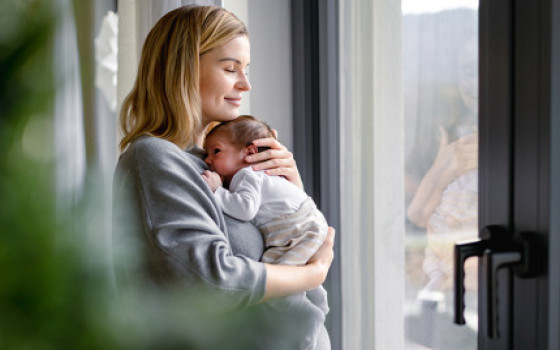
Belgian mother gives birth to her first child at the age of 30 and the decline in birth rates also includes foreigners.. 98 percent of them in hospitals and the increase in the rate of caesarean section

- Europe and Arabs
- Tuesday , 30 July 2024 9:45 AM GMT
Brussels: Europe and the Arabs
With 113,593 births in 2022 and 110,198 births in 2023, the downward trend in the number of births in Belgium continues with a decrease of 3%. Since its peak in 2010, and excluding the recovery in 2021 - which is a partial compensation for births postponed due to the health crisis - the number of births continues to fall below its low of 11,484 in 2002, reaching its lowest level since 1942. According to figures issued by the Belgian National Statistical Institute, a copy of which we received.
This decrease is particularly evident in Brussels (-5.1%) and in Wallonia (-4.8%). In Flanders it is only 1.5% compared to 2022. While the national decline was only evident for mothers with Belgian nationality, there is a decrease in the birth rate for both Belgian mothers in 2023 (-3.2%) and foreign mothers (-2.3%), with a more pronounced trend in Brussels and Wallonia.
The overall birth rate (i.e. the number of live births relative to the average Belgian population in that year) is 9.4‰ (or 9.4 live births per 1,000 inhabitants) in 2023, thus below the 10 per thousand threshold for the second year in a row. . 10 years ago, in 2013, this figure was still 11.2‰. In 10 years, the birth rate in Belgium has fallen by almost 12%.
In the vast majority of cases, the mother lived with her partner when she gave birth to a child in 2022: 86.4% of cases. Births between spouses (formerly known as “legal” births) account for only 45% of births. These births made up the majority 10 years ago (52.1%). In 2015, there was a shift. The distribution was almost balanced (49.4% of births within marriage versus 50.6% outside marriage). The average age of a mother at the birth of her first child remains unchanged at 29.6 years. Only in Wallonia does it reach 29.3 years. New mothers in Flanders are again 29.6 years old this year. In Brussels, they are 30.8 years old, hardly younger than in 2021. For several years now, the Brussels-Capital Region and the Walloon Region have been competing for first place in this age group. In 2022, people last became mothers in Walloon Brabant: 31.1 years old. This happens earliest in the Charleroi region, the only region where the average age is under 28. There is a slight renewal of the co-parent, who has been on average over 34 years old over the past five years. In 2022, the co-parent was 33.9 years old.
Where, how and when did births take place in 2022?
Most births took place in hospital. In 2022, this was the case for 97.8% of births. Other places of birth include private homes, maternity homes and any other place where the birth takes place. 942 babies were born in a private home - some at home - or 0.8% of cases. This share is the same as in 2021, but slightly higher than in 2012 (0.7% of cases).
The proportion of births by caesarean section has increased slightly over the past three years. In 2022, the proportion was 22.2%. This percentage was 20.5% in 2012, then seemed to stabilize at around 21.2% for a few years. Since 2020, it has gradually increased more strongly. Births via assisted births or instrumental births (cesarean section, forceps, vacuum extraction) follow a similar trend. They account for 31.2% of cases.


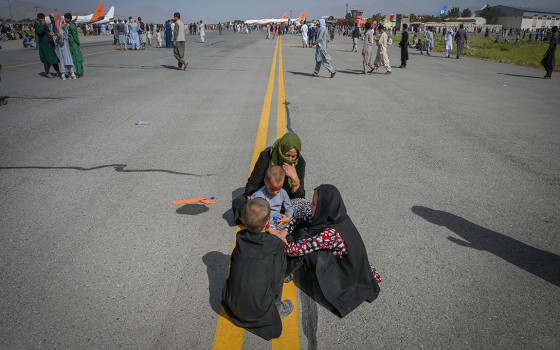
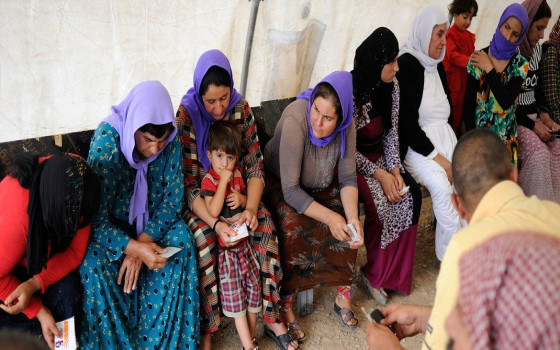
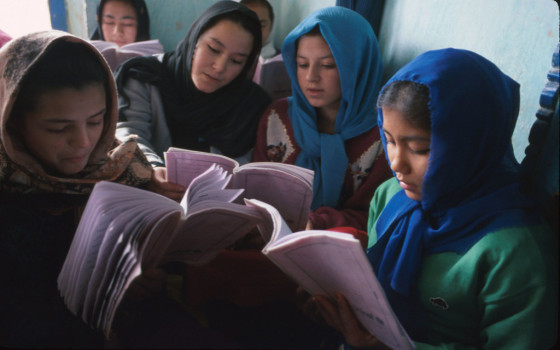

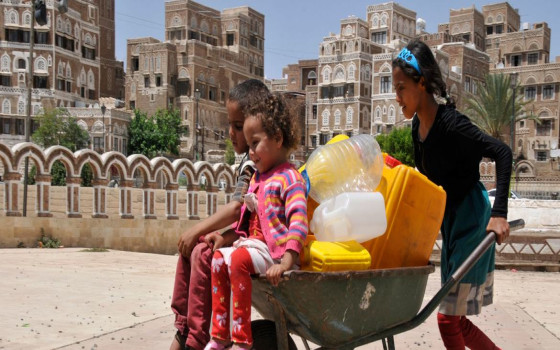

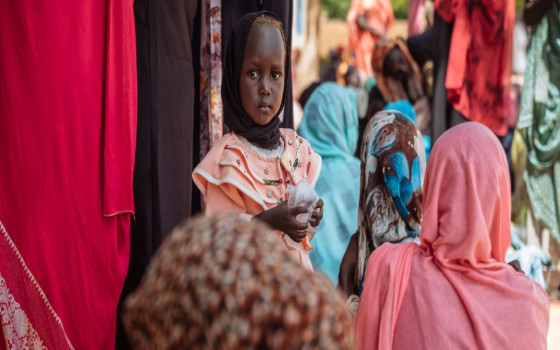



No Comments Found